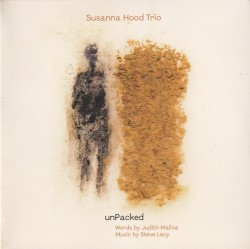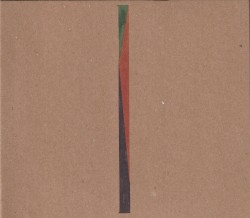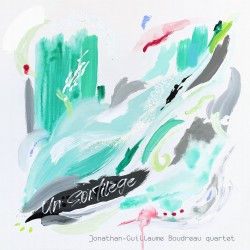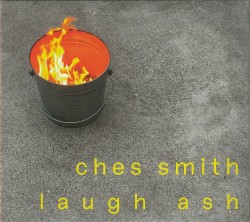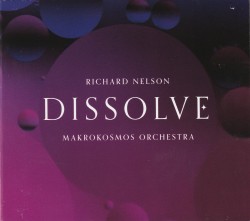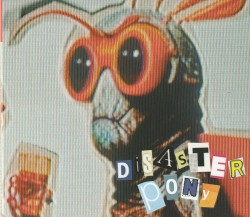Reflections (for Paul Horn) - Bill McBirnie
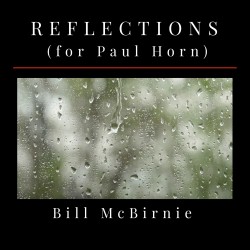 Reflections (for Paul Horn)
Reflections (for Paul Horn)
Bill McBirnie
Extreme Flute (billmcbirnie-extremeflute.bandcamp.com/album/reflections-for-paul-horn)
At the beginning of his liner notes McBirnie acknowledges flutist Paul Horn as “…unquestionably the earliest, the strongest and the most enduring of all my influences on this instrument.” What touched him about Horn’s playing was his “…use of space, coupled with …often stark – but heartfelt – phrases to communicate musically. …now, a decade after his passing, I decided to take some time and make an effort to acknowledge all he has done for me... and so many others...”
In this recording we hear McBirnie’s similar use of space and stark, heartfelt phrases, particularly in his alto flute improvisations, like track three, Masada Sunrise. It is especially in McBirnie’s sound that I hear something of his feeling for Paul Horn. There is an openness, a spaciousness that he conveys through the sound, that I know could not be conveyed in any other way.
Speaking of the spaciousness of his sound, however, I do have one small quibble. While Horn released a couple of dozen albums and most were not in exotic locations, he famously recorded in some acoustically extraordinary spaces, like the Taj Mahal and the Great Pyramid at Giza. In these locations the acoustic properties of the spaces participated, so to speak, in the improvisations. McBirnie’s recordings were made in a studio, with the “acoustics” added after the fact. What is missing for me is the Horn’s interaction with the environment in this handful of extraordinary spaces. I found myself wistfully thinking of buildings in and near Toronto that offer acoustical environments which could have been co-participants in these recordings – Holy Trinity Church in Toronto, and the Foster Memorial north of Uxbridge, for example – thereby keeping the artistry in the hands of the artist himself, and not those of a recording engineer.
That being said, kudos to McBirnie for keeping the memory of Paul Horn so resonantly alive – a worthy reminder of Paul Horn and the tremendous influence he had “back in the day” on Jazz. This album is a real labour of love.


